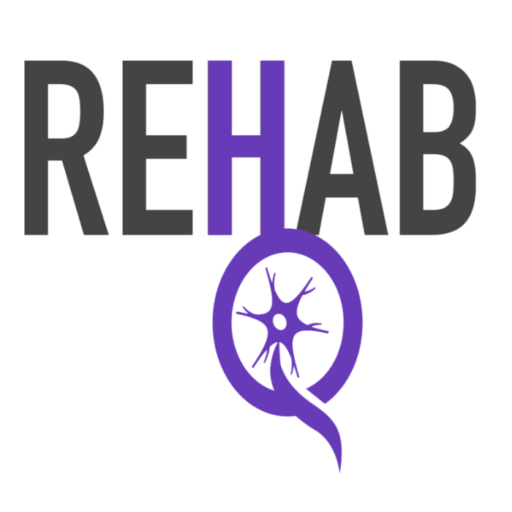It seems almost every other week there is some new study on the benefits of exercise and how it can help prevent conditions like diabetes, heart disease, and depression. But what about multiple sclerosis? The national MS society reports that 1 million people are living with MS. And unfortunately, (as of 2/3/2021) there is no cure for MS, and we have not identified an exact cause. So “prevention” of a disease like MS is not really possible. That being said, we DO know that exercise has many health benefits and may slow down the rate at which the disease impacts your physical movement. So, I guess the question becomes……“How much exercise do I need to do to be prevent functional decline”?
Of course there is no “one-size-fits-all” formula. However, there are some general guidelines that may help to keep you mobile…….longer.
Exercise Tips for Multiple Sclerosis
MOVE, MOVE, MOVE
Yes, I know we (healthcare providers) often talk about fatigue and stress “energy conservation”. However, if I had to choose between suffering the risks of “overdoing” versus “under-doing”, it is a no brainer. I am of the belief that a body in motion, stays in motion. Kind of like inertia. On the other hand, once you get out of the routine of exercising, you can quickly lose that momentum. Once you “come to a stop”, getting started again is three times harder. That being said, the ultimate goal is to find that happy middle sweet spot. Move as much as you can while being curious about how your body is moving and making adjustments appropriately. For example, if you notice you are having knee pain, check back in with your PT for a movement assessment. Knee pain might mean it is time to start thinking about bracing.
Avoid Heat
There is some pretty convincing literature (https://www.webmd.com/multiple-sclerosis/impact-temperature) that heat makes symptoms worse. And, of course like many aspects of living with MS, there is always nuance. Exercise does cause the body temperature to rise, but that does NOT mean you should avoid exercise (that raises your body temperature). There are other ways to manage “over-heating”.
- Wear appropriate workout clothes
- Drink water
- Avoid exercising at the hottest point in the day
- Cool down appropriately after exercising
- Aways, always, always work with your healthcare team who can give you more suggestions on how to exercises safely when living with MS.
Crutches are NOT “Crutches”
A big reason why many of my patients are resistant to assistive devices is because they think it is a “crutch”. I often here things like….”if I start using this, it means I have given in to the disease”. If this is you, I would encourage you to reframe how you view braces and/or assistive devices.
Using an assistive device and/or a brace is not an end all be all. Think of it more as a tool that you pull out on occasions to make your walking more efficient. This will allow you to walk longer distances without fatigue and possibly prevent you from avoiding activities out of the fear of “not being able to keep up” with your friends.

